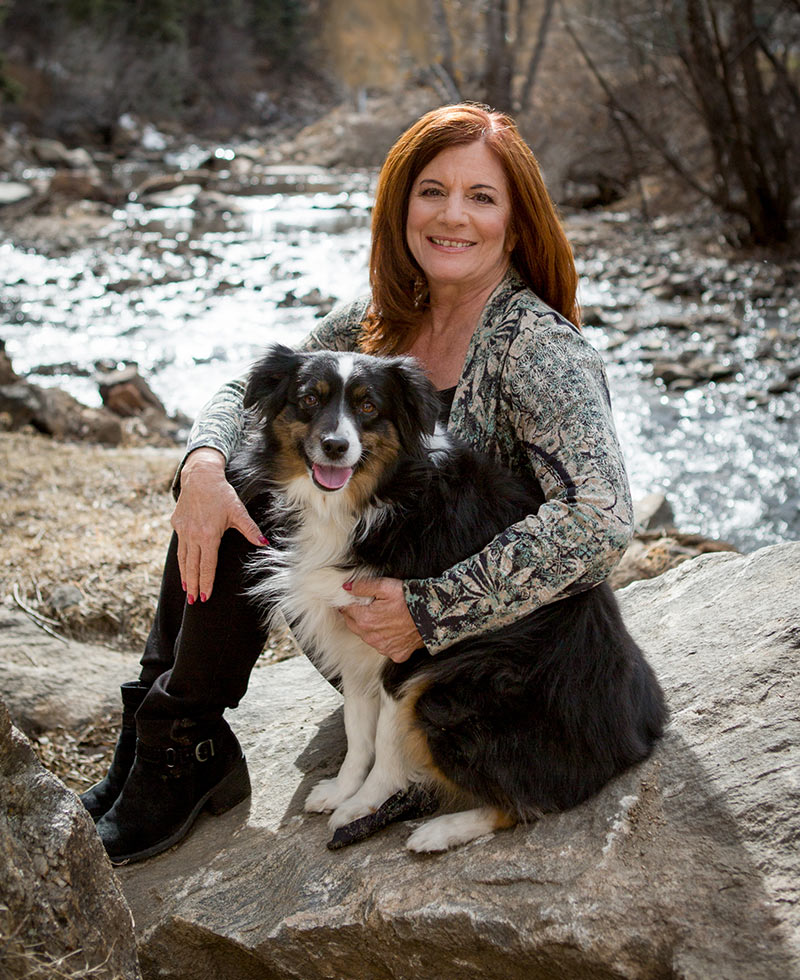Your relationship with your children evolves in each phase of life, including retirement. Here are some tips to help you navigate this transition.
- Acknowledge Your Identity – With retirement can come a redefining of your identity. Relationship lines can become blurred and confusing during this time. It is important to remember the dynamic between your children won’t always be parenting the child. Your adult children are making their own decisions and carving out their own path. As you carve out your new path in retirement try to keep in mind this doesn’t mean they don’t need you. It just means you are taking on a new role of coaching/ mentoring and most of all being a great friend. Now is the time to pat yourself on the back for a job well done of raising a self-sufficient child that has grown into a high-functioning adult.
For more information on “defining the new you” check out my previous blog here.
- Maintain/ Establish Boundaries – It is important to remember both you and your children are adults now and respecting each other’s boundaries is critical for a successful relationship. You can benefit from establishing clear boundaries for things like giving/ receiving unsolicited advice and respecting each other’s time. Although your schedule has been freed during retirement, your children’s schedules haven’t necessarily changed. Unannounced visits can be seen as a violation of those boundaries. This works both ways. Just because you are retired doesn’t mean you aren’t in control of your own schedule. Be sure to speak up if you feel someone is not valuing your time. It doesn’t have to be a confrontation. Gentle reminders of boundaries are encouraged and can be as simple as, “I’d love to do… but not right now. How about we do that later this evening/tomorrow/next week.”
- Support One Another – Of course you always want to support your child and be there for them when they need you. Remember the bridge of support goes both ways. Let your adult children in and allow them to support you in times of need. This can be something as simple as allowing them to be an ear to listen or cook you a meal. This mutual support can strengthen the trust and overall bond between you all.
- Agree To Disagree – You and your children will not always see eye to eye. At some point or another you are bound to have a difference in opinion. It may be hard to let go of the “I tell you what to do and you do it” dynamic. While that may have been necessary at some point in your relationship, it doesn’t necessarily work when you are both adults. This may be one of the hardest parts about your relationship, but learning to respect each other’s opinion will really strengthen your relationship. You don’t have to be rivals because you don’t think the same. Instead, work together to come up with a solution.
- Make Time to Connect – Before retirement it may have been hard to sync your schedules and find time to spend with your children. Retirement can give you the time you always wished you had to connect with your children. Be sure to schedule fun family nights. You won’t regret that you did!
- How to establish your time/boundaries/expectations with your adult children when you have grandchildren. This can be a hot topic with families. Grandparents often get called at the last minute to help with grandchildren. Deciding how much time you can spend and when you might change your plans to accommodate your family can create stress since grandparents often don’t want to disappoint their children. Set up a family meeting time to discuss boundaries and expectations so that your children can feel comfortable asking and you can feel comfortable saying either yes or no.
I hope this gives you more confidence in managing your relationship with your children. If you have additional questions or would like to share what worked for you feel free to reach out. I’d love to hear from you!


